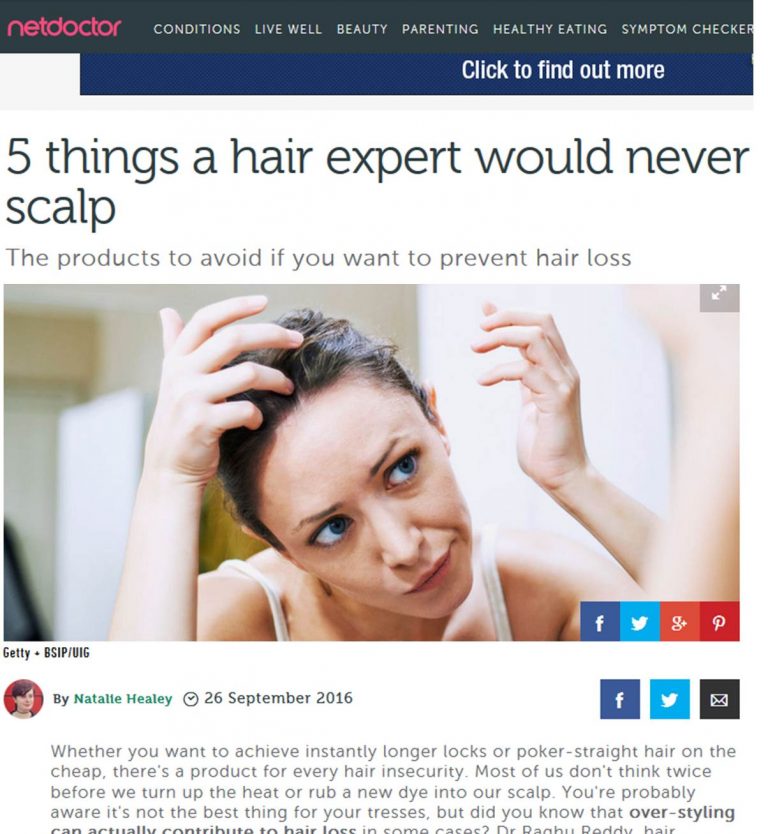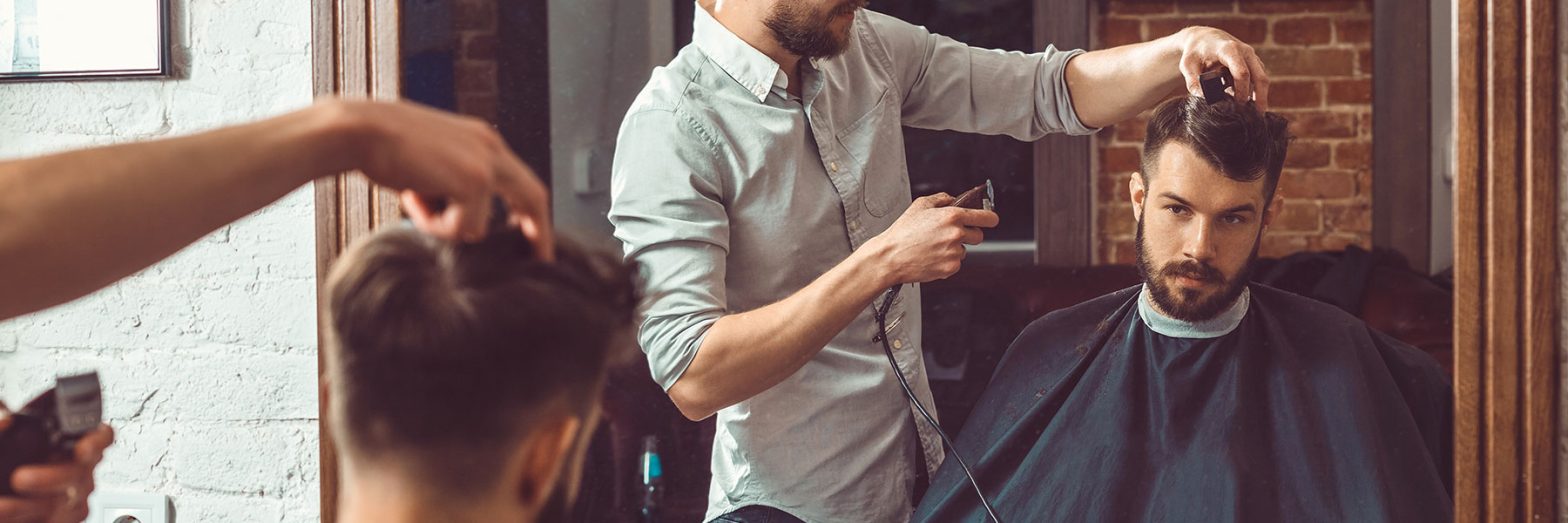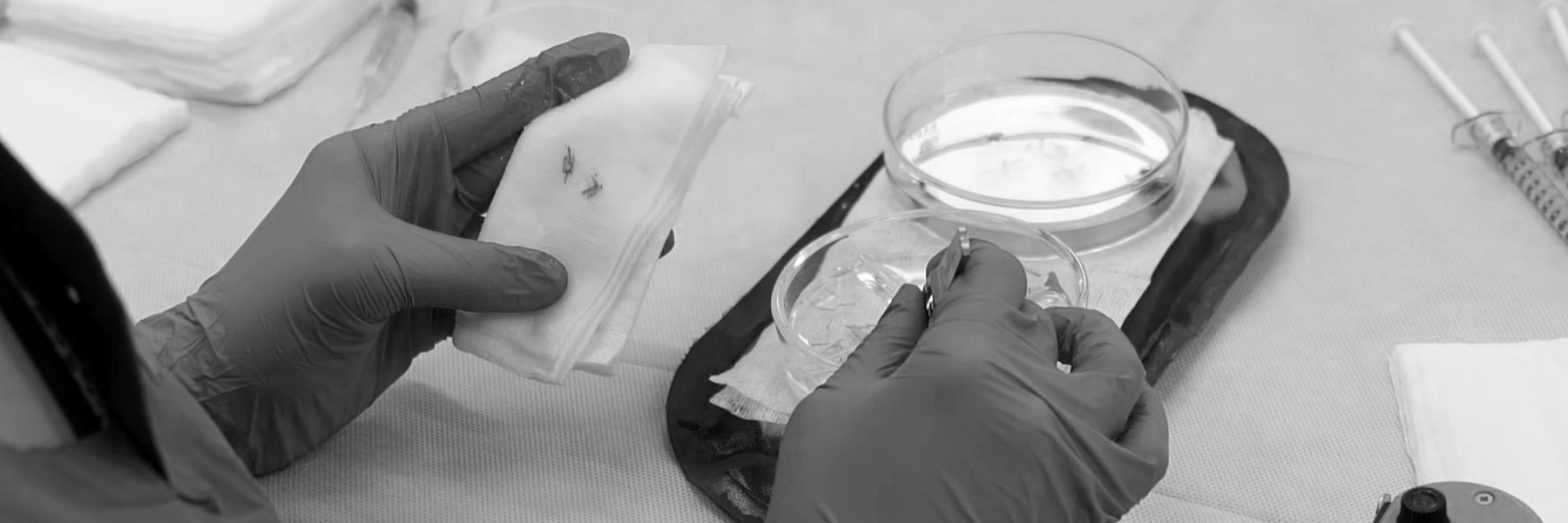
5 things a hair expert would never put on their scalp
HAIR LOSS & HAIR TRANSPLANTS
NetDoctor
Whether you want to achieve instantly longer locks or poker-straight hair on the cheap, there’s a product for every hair insecurity. Most of us don’t think twice before we turn up the heat or rub a new dye into our scalp. You’re probably aware it’s not the best thing for your tresses, but did you know that over-styling can actually contribute to hair loss in some cases? Dr Raghu Reddy, hair transplant surgeon at The Private Clinic at Harley Street has seen his fair share of hair horror stories during his medical career and is concerned women could unknowingly be putting themselves at risk of hair loss.
He says: “I think it’s apparent a greater number of women are suffering with hair loss because of over-styling and even the use of hair extensions. Both of these things can lead to permanent damage and we are certainly seeing a growing number of women suffering this way.”
Here are the treatments you need to keep your tresses away from (or at least use sparingly), in his opinion:
1. Hair extensions
The cheats way to turn that pixie cut into a flowing main, extensions are more popular than ever. But it’s best not to rely on them too often, warns Dr Reddy, because they could be causing more damage than you realise.
“Exercise caution when wearing hair extensions and try not to use these excessively, as they will pull the hair and weaken it. As well as putting stress on the hair, extensions can starve it of vital nutrients, due to the glue which is often applied at the roots. If you continue to cause stress to the hair then this can lead to traction alopecia, which is a localised hair loss condition brought about by environmental damage done to hair.”
2. Hair dyes
From pastel shades to darkest brown, there’s a huge range of box hair dyes in most beauty stores but over-dyeing can be really hard on your locks. Both permanent and semi-permanent versions contain hydrogen peroxide which chemically changes the hair pigment.
“I would exercise caution on using hair dyes. In moderation this may be okay but frequent dying can be damaging,” says Dr Reddy.
3. Straighteners and curlers
Put down those GHDs. Dr Reddy says there is evidence to suggest that straighteners can also contribute to hair loss. Over a long period, if women continue to straighten or curl their hair regularly, they are contributing to the further weakening of it. Reducing over-styling will also reduce the likelihood that hair loss will occur.
4. REALLY hot water
For some people, there’s nothing more relaxing than a very hot shower. But heat is traumatising to your tresses. Turn the shower down a notch and wash hair in warm/cool water rather than very hot, and let your hair dry naturally if possible. If you must blow dry then it helps to towel dry first.
5. Chlorine
Swimmers beware: chlorinated water can also affect the hair and, over a long period, really weaken it. Dr Reddy recommends always wearing a swimming cap to protect your locks when you go for a dip.
Dr Reddy’s top tips for preventing hair loss:
Ditch the styling tools
Reducing the use of hair extensions, avoiding over-styling and not restricting the hair by wearing it in very tight braids will also reduce the likelihood that hair loss will occur. Try not to scratch your scalp with your fingers nails either, as this will also traumatise the hair.
Maintain a healthy diet
Hair is made up of keratin which is a protein. Therefore, a diet that contain’s enough protein will help keep hair healthy.
Learn to manage stress
Stress can cause hair loss in different ways; in particular it can lead to the build up of acid-free radicals, which contribute to gradual hair loss. Prolonged periods of stress can lead to changes in hormonal levels, which can also lead to hair loss. There is a condition called telogen effluvium, whereby accelerated hair loss is noted as part of prolonged periods of stress. Also, conditions such as trichotillomania (pulling of the hair) are associated with stress. There have been a number of examples of celebrities, such as Katy Perry and Megan Fox, who have publicly discussed their battles with this condition in the past.
Know your products
There are certain products which can increase hair density. Topical minoxidil, for example, can be prescribed in certain cases where the hair is thinning.
Condition, condition, condition
Using a conditioner makes your hair softer and also prevents hair loss – make sure the conditioner is applied to the hair shafts and not to the scalp.
Look for a diagnosis
Hair loss in women is most commonly caused by an underlying medical problem, if the medical reason is diagnosed – and the earlier the better – than in many cases hair loss in women can be reversed.
http://www.netdoctor.co.uk/beauty/a27014/things-that-cause-hair-loss/






